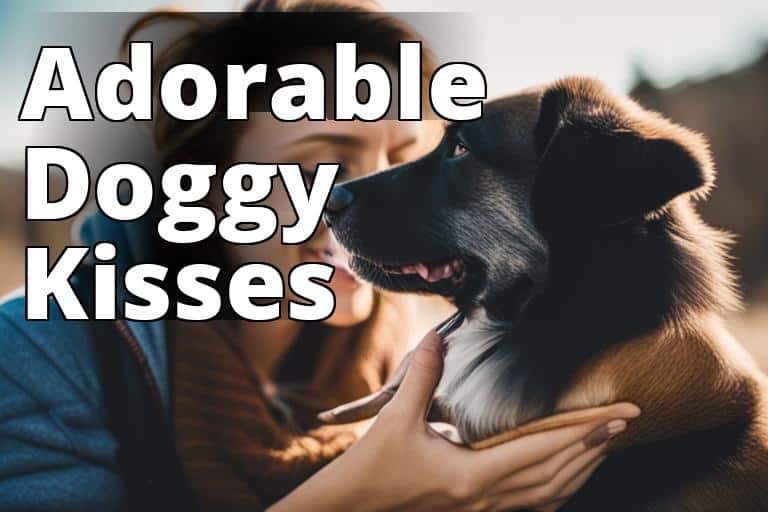

Dogs are known for their affectionate nature, often expressing their feelings through licking. If you find yourself wondering, “Why does my dog lick me so much?” it’s essential to understand the reasons behind this behavior to maintain a healthy relationship with your furry friend.
What You’ll Learn About Excessive Dog Licking
- Dogs may excessively lick due to affection, seeking attention, anxiety, stress, or obsessive behavior.
- Excessive licking can strengthen the bond with the owner, indicate health issues, and require management strategies.
- The article covers reasons for excessive licking, health concerns, management tips, and insights from other dog owners.
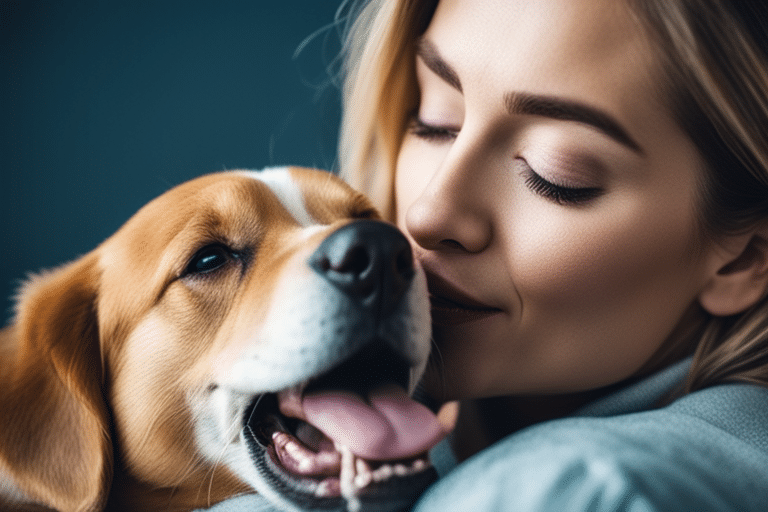
Understanding Excessive Licking
Affectionate Behavior
Dogs often excessively lick their owners as a display of affection and love. Licking releases endorphins in dogs, making them feel calm and happy. This behavior is akin to a hug or a kiss in human interaction, serving as a means for dogs to show their adoration and strengthen their bond with their owners.
Seeking Attention
Excessive licking can also be a way for dogs to seek attention. They may use licking to communicate their needs, whether it’s for food, playtime, or simply wanting to be close. It’s their way of expressing themselves and getting their owner’s attention.
Anxiety and Stress
In some cases, excessive licking can be a sign of anxiety or stress in dogs. When they feel distressed or uneasy, they may resort to licking as a self-soothing mechanism. Observing other behavioral cues is essential to determine if anxiety or stress is the underlying cause of excessive licking.
Obsessive Behavior
Obsessive licking, also known as acral lick dermatitis, can stem from various reasons such as boredom, discomfort, or underlying medical issues. Dogs with obsessive licking tendencies may need professional intervention to address the root cause of this behavior.
The Bonding and Social Aspect of Excessive Licking
Strengthening the Bond
Excessive licking can serve as a bonding activity between dogs and their owners, fostering a sense of closeness and reinforcing the emotional connection between the two.
Social Behavior in Dogs
In the wild, licking is a common social behavior among dogs, often used to communicate submission, affection, and camaraderie. When dogs lick their owners, they are extending this social behavior to their human “pack,” expressing their place within the family unit.
Differentiating between Affectionate and Obsessive Licking
Understanding the nuances between affectionate licking and obsessive licking is crucial. Affectionate licking is a natural expression of love, while obsessive licking can indicate an underlying issue that needs attention and management.
| Health-Related Concerns | Description |
|---|---|
| Allergies and Skin Problems | Excessive licking can sometimes be a symptom of allergies or skin problems in dogs. It’s important to monitor your dog’s skin for any signs of irritation. |
| Dental Health | Excessive licking can have implications for a dog’s dental health, making regular dental care essential. |
| Seeking Professional Advice | If you notice persistent excessive licking or any accompanying symptoms, consulting a veterinarian is crucial for a professional evaluation. |
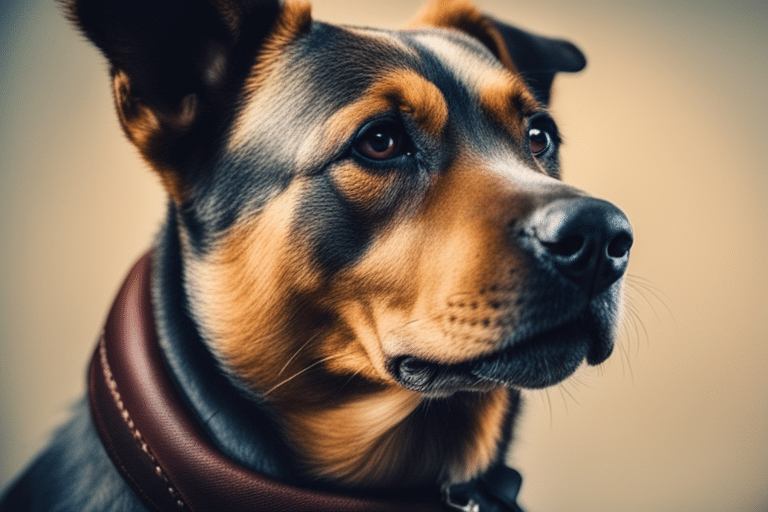
Health-Related Concerns
Allergies and Skin Problems
Excessive licking can sometimes be a symptom of allergies or skin problems in dogs. It’s important to monitor your dog’s skin for any signs of irritation, redness, or inflammation that may be driving the excessive licking behavior.
Dental Health
While licking is a natural way for dogs to clean themselves, excessive licking can have implications for their dental health. Maintaining regular dental care and checking for any unusual changes in your dog’s oral hygiene is essential.
Seeking Professional Advice
If you notice persistent excessive licking or any accompanying symptoms, consulting a veterinarian is crucial. A professional evaluation can help rule out underlying health issues and provide guidance on managing the behavior.
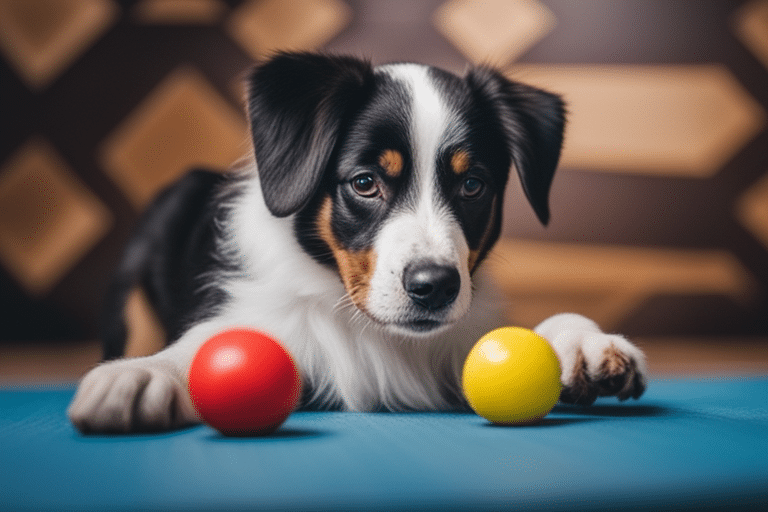
Managing and Redirecting Excessive Licking Behavior
Training and Positive Reinforcement
Training and positive reinforcement techniques can be effective in redirecting excessive licking behavior. By rewarding alternative positive behaviors, such as sitting calmly or offering a toy, you can help your dog understand appropriate ways to seek attention and express affection.
Setting Boundaries
Establishing boundaries around licking behaviors is important for maintaining a healthy dynamic with your dog. Consistently enforcing limits and redirecting excessive licking can help in shaping appropriate interaction patterns.
Providing Alternative Outlets
Offering engaging activities and toys can provide alternative outlets for your dog’s need to express affection and seek attention. Interactive toys and regular exercise can help channel their energy in a positive direction.
Differentiating Types of Licking
Affectionate Licking vs. Obsessive Licking
Understanding the distinction between affectionate and obsessive licking is essential for addressing the behavior effectively. Affectionate licking is a natural, occasional display of love, while obsessive licking may require intervention and management strategies.
Addressing Obsessive Licking
For dogs exhibiting obsessive licking tendencies, addressing the underlying cause is crucial. Environmental enrichment, behavioral therapy, and medical intervention may be necessary to manage and reduce obsessive licking behaviors.
Understanding Individual Preferences
Respecting Individual Preferences
Every dog and owner dynamic is unique, and it’s important to respect individual preferences regarding interactions and affectionate behaviors. Not all dogs enjoy excessive licking, and it’s essential to understand and accommodate their comfort levels.
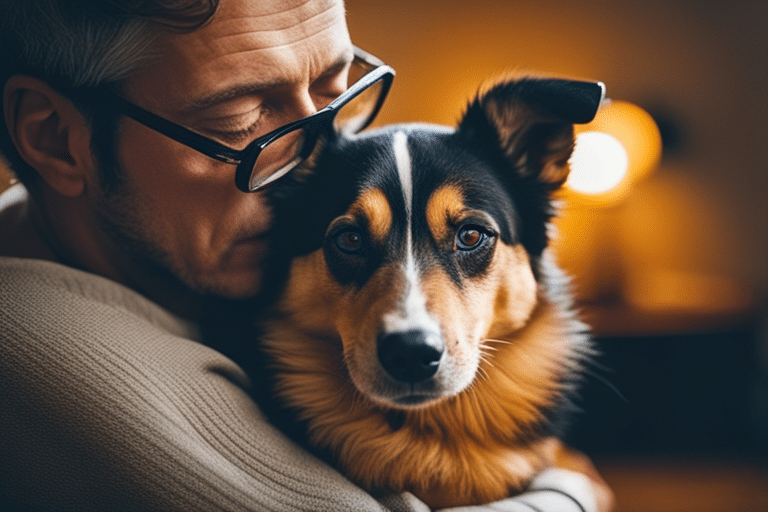
Exploring Other Ways Dogs Show Love and Affection
Dogs express love and affection in various ways, such as cuddling, playing, and offering gentle nudges. Understanding and recognizing these alternative expressions can strengthen the bond between dogs and their owners.
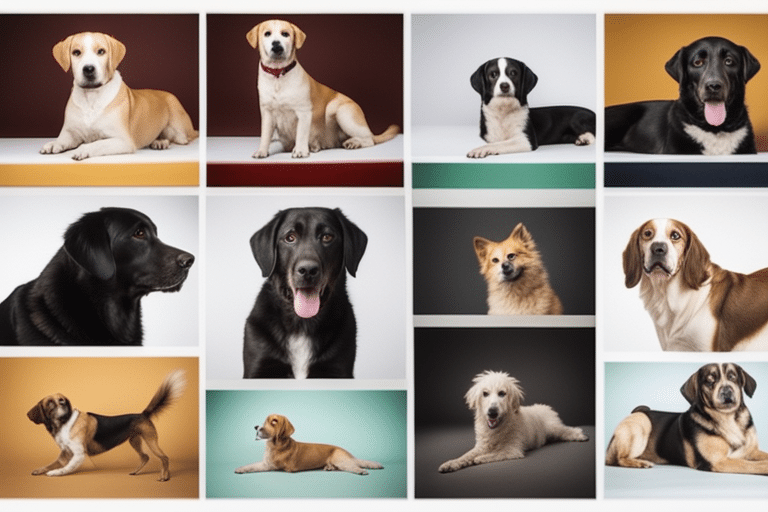
Frequently Asked Questions
Why does my dog want to lick me all the time?
Excessive licking is often a display of affection and a means for dogs to seek attention and express their love for their owners.
Why do dogs lick your legs?
Licking legs can be a way for dogs to communicate their needs, seek attention, or show affection towards their owners.
How do I know my dog loves me?
Dogs show love through various behaviors, including licking, tail wagging, cuddling, and following their owners closely.
Why does my dog lick me when we cuddle?
Licking during cuddling is a way for dogs to express affection and reinforce the bond during intimate interactions with their owners.
Personal Experiences
Many dog owners have shared heartwarming anecdotes about their experiences with their dogs’ excessive licking behavior. These stories often highlight the deep emotional connections and unwavering loyalty that dogs bring into their owners’ lives.
Risks and Potential Harm
Excessive licking, particularly in cases of obsessive behavior, can lead to skin irritation, hair loss, and potential secondary infections. It’s essential to address and manage obsessive licking to prevent these risks.
Conclusion
Understanding the reasons behind excessive dog licking is pivotal for nurturing a harmonious relationship with your pet. By recognizing the various motivations behind this behavior and implementing appropriate management strategies, you can foster a loving and balanced dynamic with your furry companion.
Bibliography
– The Ultimate Dog Licking Guide: Why Do Dogs Lick? – American Kennel Club
– Why Do Dogs Lick? The Science Behind a Dog’s Affection – The Spruce Pets
Legal Disclaimer
The information provided in this article is for informational purposes only and does not constitute professional advice. For specific concerns regarding your dog’s behavior or health, it is recommended to consult with a qualified veterinarian or animal behavior specialist.
For more information you can see: A swipe of the tongue – Why does my dog lick? – BarkleyAndPaws – BarkleyAndPaws
And also this article: is it safe for your dog to lick you…





